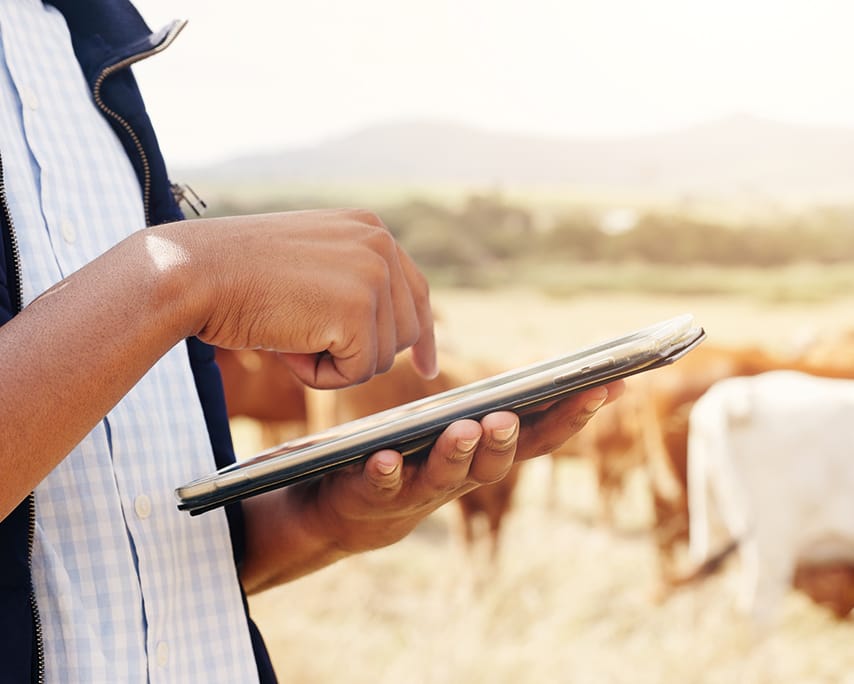Media and Information Literacy for Public Interest Information
With the growth of the internet, social media, and other digital platforms, the way we share and receive information has changed. These new spaces offer both opportunities and challenges when it comes to finding and using information. Media and Information Literacy for Public Interest Information. Although our brains rely on a steady stream of information to function at their best, the quality of this information profoundly influences our perceptions, beliefs, and attitudes. Whether it comes from the media, libraries, archives, publishers, or other sources—primarily online—its accuracy and reliability are crucial to both our understanding and the well-being of society as a whole.
Globally, access to information has expanded dramatically. While some remain starved for reliable content, many are overwhelmed by a constant flood of print, broadcast, and digital media. This explosion of information underscores the urgent need for digital innovations to be inclusive and accessible to all. It also highlights the growing threat of misinformation, which the rapid pace of technological change can amplify.
At the core of modern literacy is critical thinking, a skill that has become more crucial than ever in navigating today’s complex digital ecosystem. The way information is created, consumed, and shared has been revolutionised by digital platforms, presenting new challenges in distinguishing reliable content from misleading or false information. In an era where anyone can publish, misinformation and disinformation spread quickly, blurring the lines between fact and fiction. As society is bombarded by conflicting and often contradictory messages, advancing the public good becomes increasingly difficult if people are not empowered to evaluate the information they encounter critically.
During this year’s Global Media and Information Literacy Week, we continue to stress the importance of media and information literacy competencies. Individuals must be equipped to recognise the high stakes of the information they engage with. They need the tools to analyse, evaluate, and respond to the flood of digital content in ways that both serve the public good and allow them to benefit from the vast communication opportunities available. In an age of information overload, the ability to sift through digital noise and identify credible sources is fundamental for informed decision-making.
The communication landscape has undergone a profound transformation in today’s fast-paced world. Digital platforms like email, messaging apps, and social media have largely replaced traditional forms of correspondence such as physical books, letters and telegrams. This shift presents a unique opportunity to foster new forms of literacy. Just as people once needed to learn to read and write to send letters, modern digital communication now requires individuals to be literate in real-time, engaging through emails, online discussions, and a growing array of digital content.
The basic skills of reading and writing remain indispensable. They allow individuals to understand and produce written material necessary for completing forms, following instructions, and making informed decisions. However, in today’s digital era, the concept of literacy has evolved. It now includes the ability to interact meaningfully within a global community and to navigate the increasingly intricate digital landscape. This expanded form of literacy is vital for thriving in a world where information is ever-present and rapidly evolving.
As the world observes Global Media and Information Literacy Week, individuals and organisations must continue developing their media and information literacy competencies to engage responsibly and benefit from the new digital landscape, especially regarding information that serves the public’s interest.



